Real size of Pakistan's economy close to $1 trillion: finance minister
Finance minister highlights macroeconomic stability, structural reforms, and growing Saudi partnership
Business Desk
The Business Desk tracks economic trends, market movements, and business developments, offering analysis of both local and global financial news.
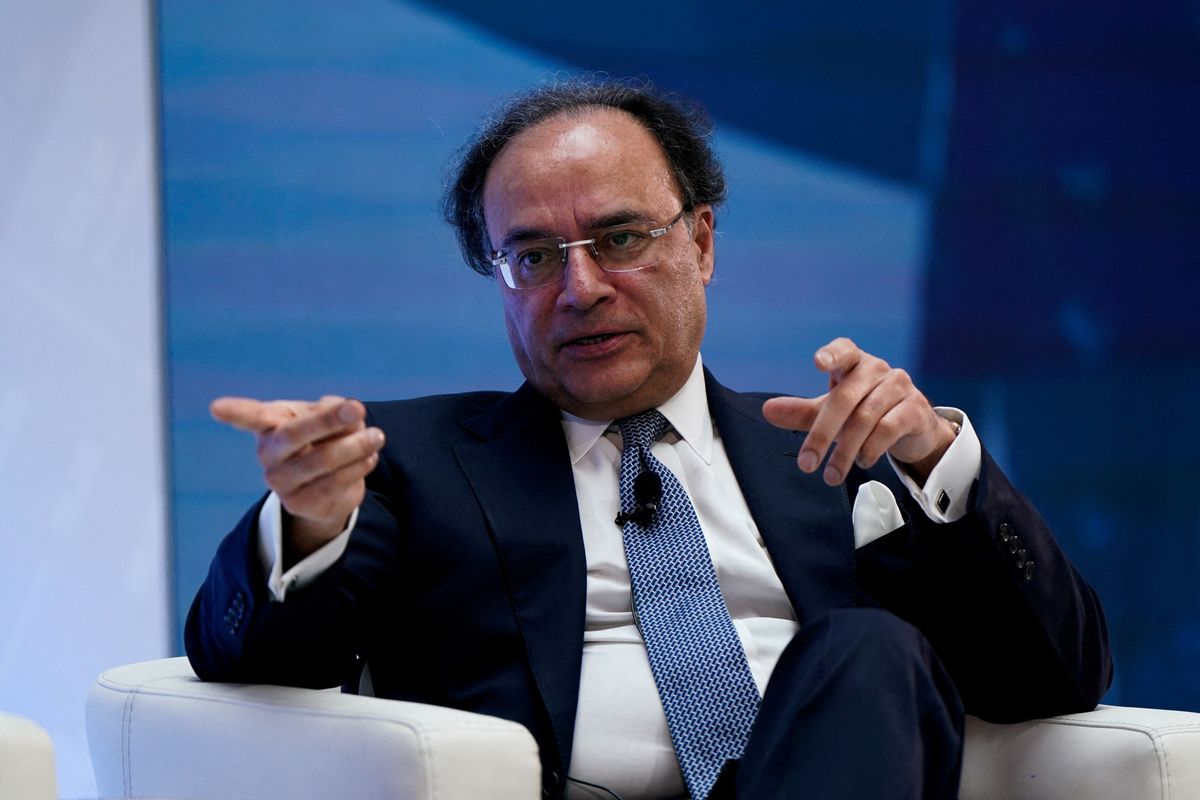
The real size of Pakistan’s economy is close to $1 trillion, nearly double its recorded size, Finance Minister Senator Muhammad Aurangzeb has said, emphasizing that digitization and documentation will be key to expanding the tax base and sustaining fiscal discipline.
Speaking virtually at a business session organized for a visiting Saudi business delegation at the Overseas Investors Chamber of Commerce & Industry (OICCI), Aurangzeb said nearly half of Pakistan’s economy remains undocumented. “Our recorded economy stands at $411 billion, but the real size of our economy is close to a trillion dollars,” he noted, stressing that a cashless and digital economy is central to Pakistan’s reform agenda.
The event, co-hosted by OICCI and the Pakistan Business Council (PBC), was attended by Saudi’s Prince Mansour and members of the Saudi delegation. Aurangzeb said he regretted being unable to join in person due to his imminent departure for Washington for annual IMF and World Bank meetings, where he expects to finalize a staff-level agreement with the IMF.
The minister highlighted Pakistan’s macroeconomic recovery, saying stability has been restored after years of turbulence. “All three major global rating agencies are now aligned,” he said. “Stable financing rates, a steady foreign exchange regime, and adequate reserves have made capital and profit repatriation routine matters rather than challenges.”
Referring to Pakistan’s timely $500 million Eurobond repayment on Sept. 30, Aurangzeb said, “When there is macroeconomic stability, such events become non-events—there is no drama.”
He said the government is now moving from stabilization to structural reforms in the taxation and energy sectors, in consultation with the private sector, and praised the input from OICCI and PBC in shaping these policies.
Aurangzeb also hailed Pakistan’s growing partnership with Saudi Arabia, calling it “strategic and forward-looking”. He noted that the federal cabinet had just approved the historic security pact signed between Prime Minister Shehbaz Sharif and Crown Prince Mohammed bin Salman, describing it as “a significant step in deepening multifaceted ties between the two brotherly countries”.
The minister said Pakistan was positioned at a “unique confluence” of macroeconomic stability and positive geopolitical tailwinds, with key partners such as Saudi Arabia, China, and the United States actively engaging in trade and investment opportunities.
He underscored that the Saudi delegation’s visit was “timely and strategically important” in unlocking bilateral cooperation in sectors such as agriculture, mining, IT, pharmaceuticals, and tourism.
Aurangzeb further briefed participants on two reform tracks being led personally by the prime minister—tax reforms and digital transformation—and expressed confidence that these initiatives would strengthen fiscal discipline while broadening the tax net.
On the domestic front, he said the government was finalizing rapid damage assessments following recent floods, prioritizing local resources for relief and rehabilitation before seeking international aid.
He also acknowledged Saudi Arabia’s Vision 2030 as a model for execution and said Pakistan looks forward to fostering export-led growth through collaboration with the kingdom.
Concluding his remarks, Aurangzeb extended best wishes to Prince Mansour and the Saudi delegation for their engagements in Karachi and Lahore and said he looks forward to meeting Saudi leadership at the upcoming Future Investment Initiative (FII) in Riyadh.



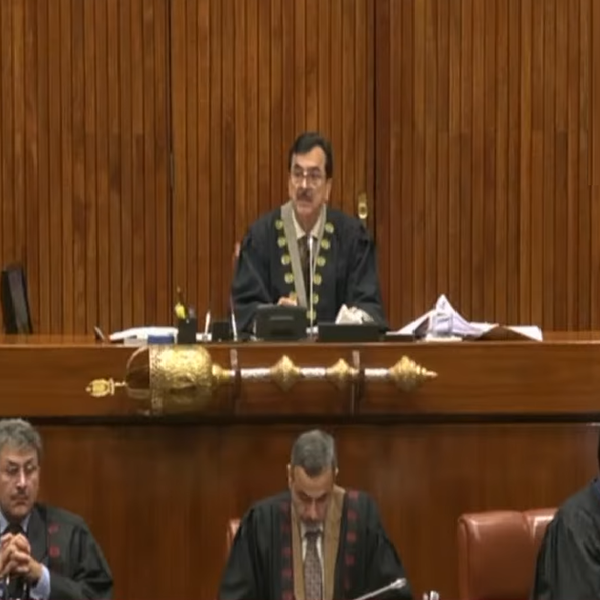
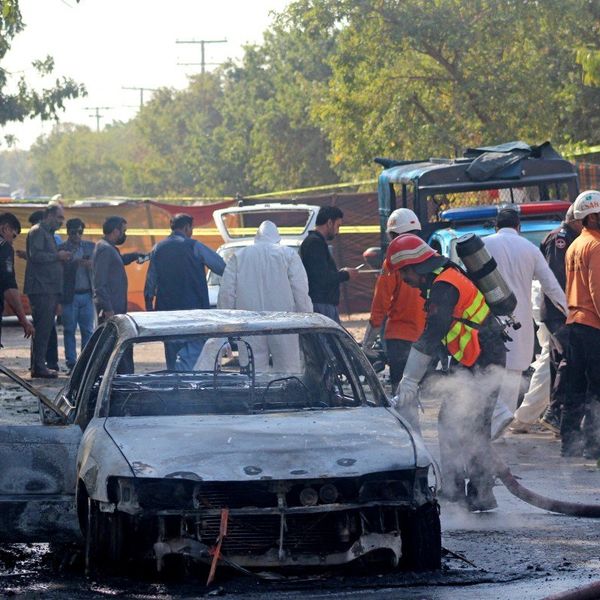
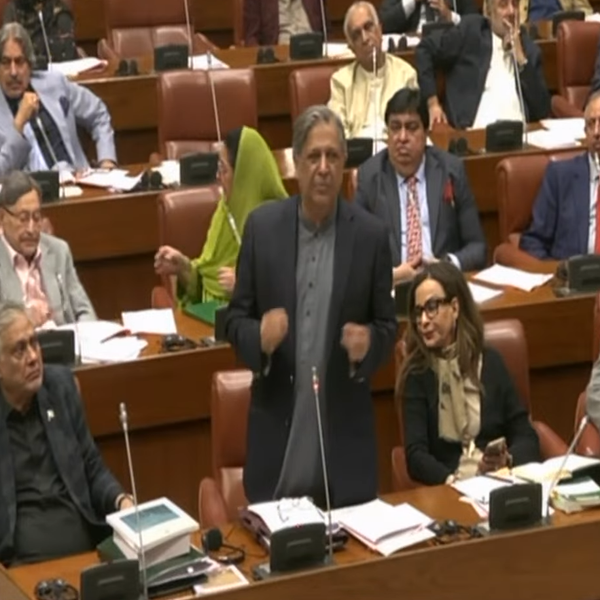
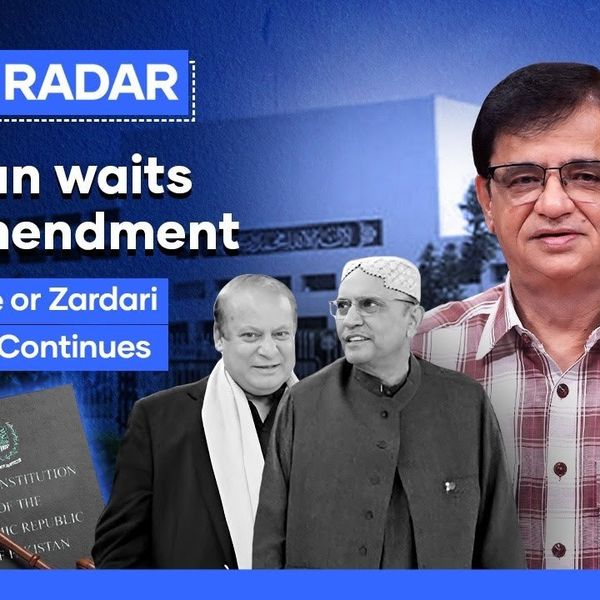



Comments
See what people are discussing